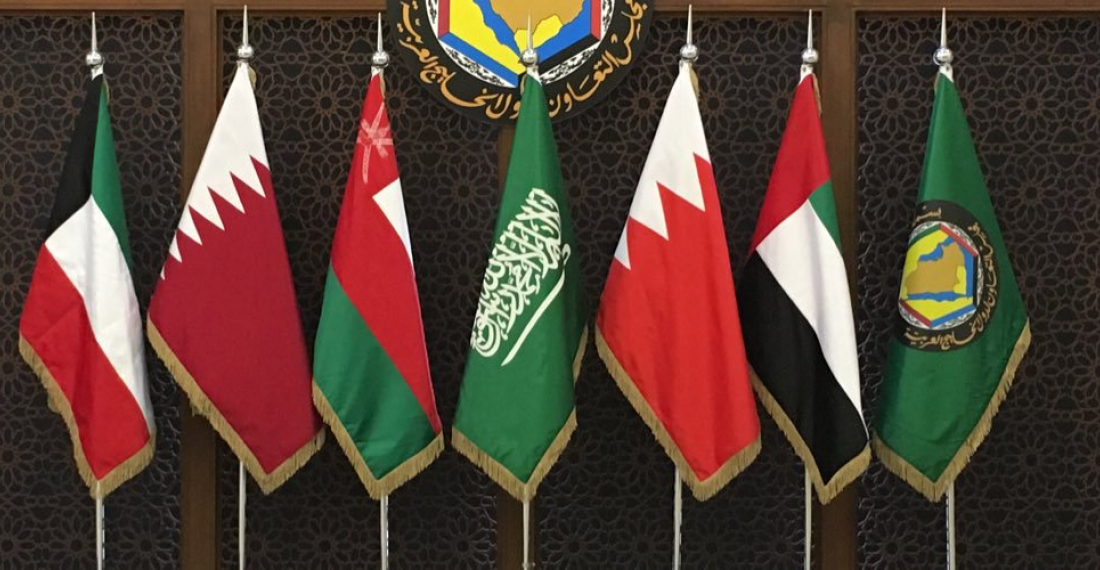The forty-first session of the Supreme Council of the Cooperation Council for the Arab States of the Gulf will be held tomorrow in the historic city of Al-Ula in the Kingdom of Saudi Arabia.
The summit is expected to provide a real opportunity to overcome a number of challenges facing the region, the most important of which is the unity of the Gulf states efforts to confront the pandemic and restore economic growth for the countries of the region.
Despite the exceptional circumstances the world is going through, the leaders of the GCC states are keen on preserving the GCC as a cohesive system capable of overcoming difficulties and challenges.
In comments to the media, Dr. Nayef Falah Mubarak Al-Hajraf, Secretary-General of the Cooperation Council for the Arab States of the Gulf, emphasized that collective action is the basis for facing challenges.
The ability of the Council to meet the challenges is by collective action and with the support of the leaders of the GCC states.
The 41st session represents a new stage in the march of the Gulf Cooperation Council to enter the fifth decade of its life. The GCC aims to reach new horizons for the Gulf citizen and empower youth, to continue the positive economic drive, and to build an empowered society that is proud of its past and achievements and looks forward to the future and its ambitions.
Al-Hajraf confirmed that the council has achieved many accomplishments and integrative projects over the past four decades, including the Gulf Common Market, the Customs Union, the electrical connection, the free movement of capital and many other gains enjoyed by the citizens of the GCC states, which establish the next stage of the process of building a promising future.
The Secretary-General also expressed his sincere thanks to the leaders of the GCC countries for their efforts to strengthen the bonds of the Gulf house and consolidate its foundations, expressing his hope that the decisions of the summit of the leaders of the GCC countries will lead to pushing the march of joint Gulf action forward, enhancing the security and stability of the GCC states, which is an indivisible whole. And in fulfilment of the aspirations and hopes of the citizens of the GCC countries towards more coherence, cooperation and integration.
Source: commonspace.eu with agencies.
Photo: Flags of the GCC member states (Twitter: @GCCSG).







